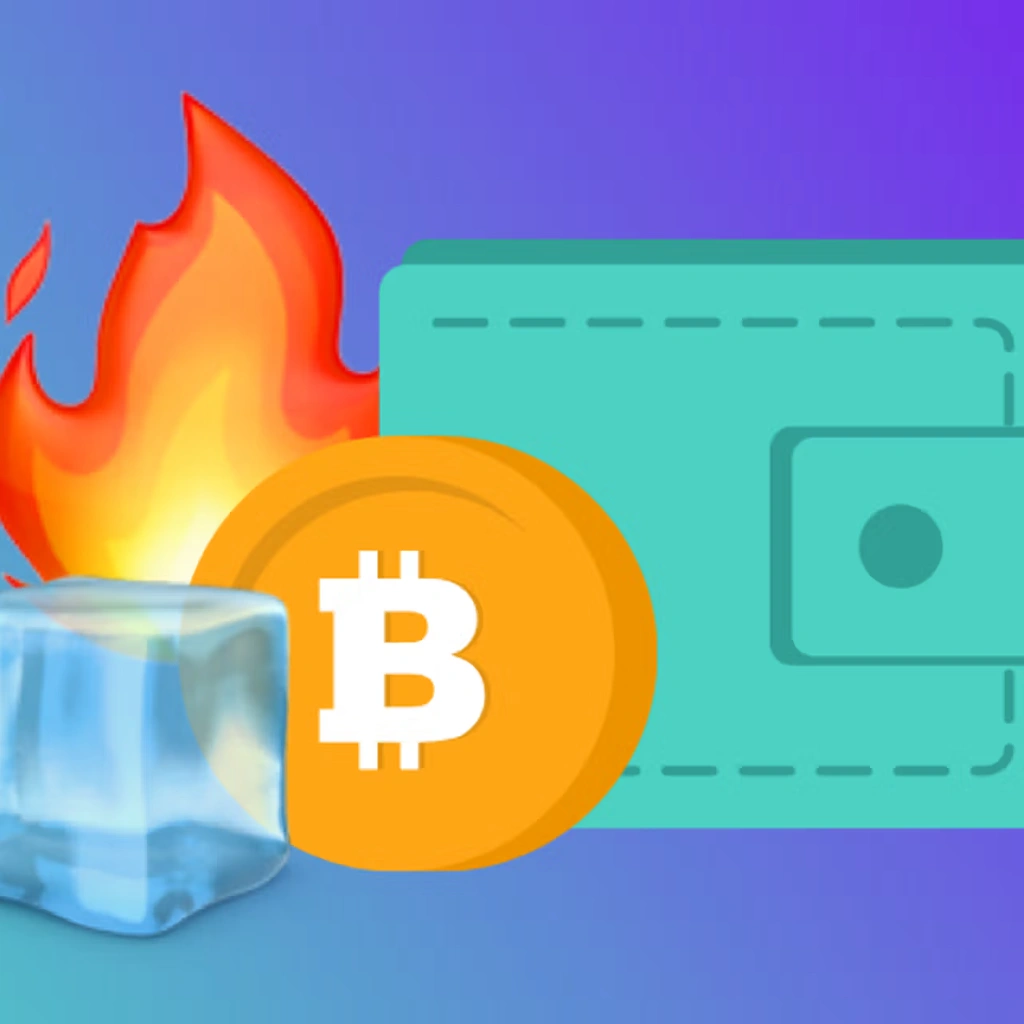Hot vs Cold Wallet: Which One Actually Keeps Your Crypto Safer?
Hot vs cold wallet: If you’ve dabbled in crypto—or even just skimmed Reddit threads—you’ve probably come across the age-old debate: hot vs cold wallet. It’s a classic showdown in the crypto world, and honestly, it’s one that still confuses plenty of newcomers. So, what’s the actual difference, and why does it matter? Let’s break it down in plain English, with a few real-world thoughts thrown in.
Hot vs cold wallet: What Is a Hot Wallet, Really?

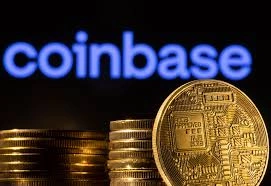
A hot wallet is any cryptocurrency wallet connected to the internet. Simple, right? This includes mobile apps like Trust Wallet, browser extensions like MetaMask, or even your account on an exchange like Binance or Coinbase.
The perk? Instant access. Your crypto is always just a few taps or clicks away. For traders or people who use crypto regularly, this is gold. No waiting around, no plugging in devices—it’s like having your cash in your pocket instead of a safe.
But (and it’s a big but)… that convenience comes with risk. Being online means being exposed. Phishing, malware, exchange hacks—these things happen more often than we’d like. If your hot wallet gets compromised, poof—your coins might be gone.
Cold Wallets: The Fort Knox of Crypto
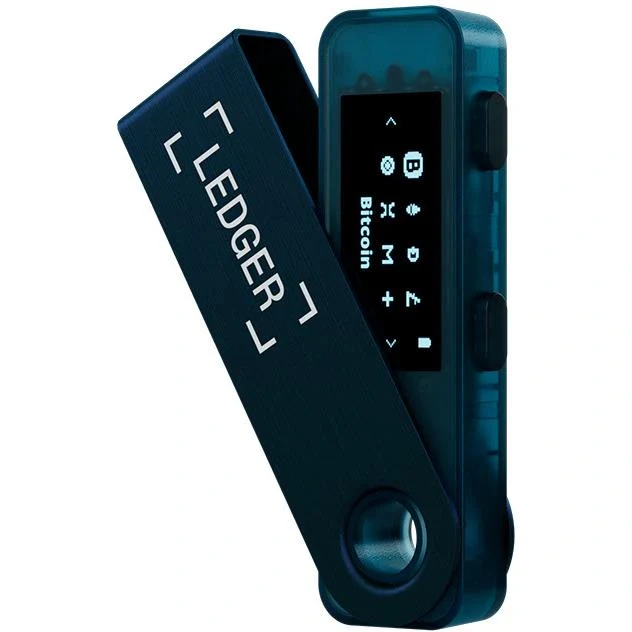
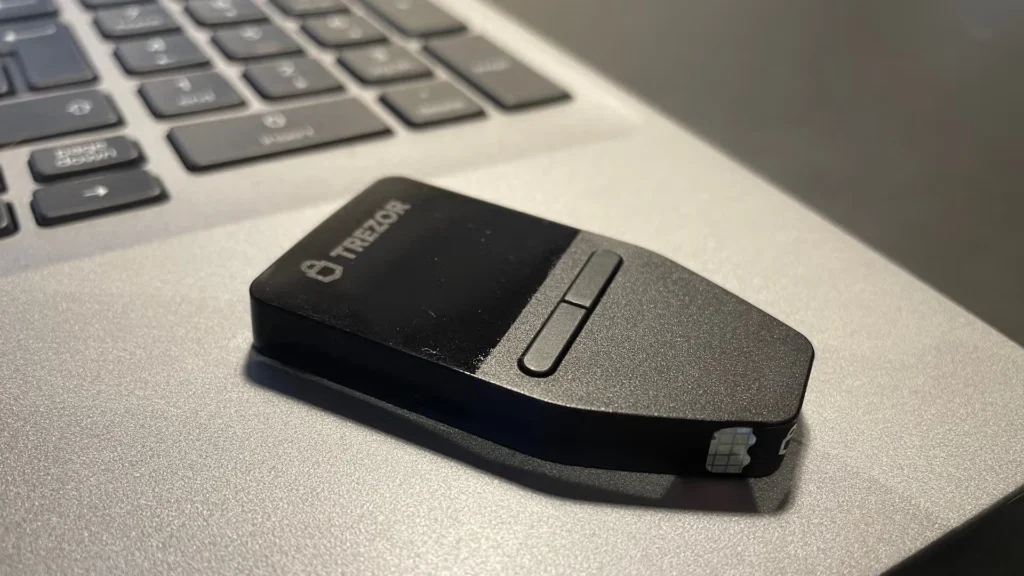
Now, on the flip side, you’ve got cold wallets—these are offline storage methods. Think USB-style hardware wallets like Ledger or Trezor, or even good ol’ fashioned paper wallets (yep, printing your keys and tucking them away).
No internet connection = minimal attack surface. Hackers can’t remotely break into what they can’t reach. That’s why long-term holders—aka “HODLers”—often stash their Bitcoin and Ethereum in cold storage.
But cold wallets aren’t perfect either. Lose your hardware device or recovery phrase, and you might just lose access forever. Not to mention, it’s not super user-friendly. Every transaction takes a few extra steps. For frequent users, that can feel like a hassle.
Hot vs Cold Wallet: Which Is “Better”?

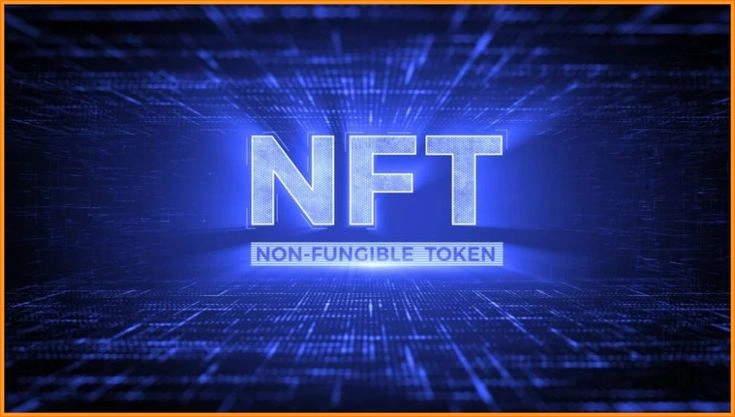
Ah, the million-dollar question—or depending on the market, the hundred-dollar question. Honestly, hot vs cold wallet isn’t a one-size-fits-all decision. Each has strengths and weaknesses.
Use hot wallets if:
- You make daily or weekly trades
- You’re experimenting with DeFi, NFTs, or gaming
- You prefer speed and ease of access
Use cold wallets if:
- You’re holding crypto long-term
- You have significant amounts to protect
- You’re super security-conscious (maybe even a little paranoid… hey, no judgment)
Some folks use a combo: keep a small amount in a hot wallet for spending, and the rest in cold storage. Kind of like having a checking account and a savings account.
Security Myths & Missteps
There’s a lot of noise out there. Some say hot wallets are always unsafe. Others swear they’ve used the same hot wallet for years with zero problems. Truth is, both wallet types are as secure as you make them.
Keep your devices updated. Don’t click sketchy links. Use strong passwords and 2FA. For cold wallets, back up your recovery phrases in multiple safe spots—maybe even a safety deposit box.
And whatever you do… don’t store your private keys in your email inbox. (Yes, people still do this. Please don’t be that person.)
Final Thoughts: Hot vs Cold Wallet—Choose What Works for You
At the end of the day, the hot vs cold wallet debate boils down to your own habits and risk tolerance. Want convenience? Go hot. Want fortress-level safety? Go cold. Maybe even both.
What’s most important is understanding how each works, and using them smartly. Crypto doesn’t come with a “forgot password?” button. Once it’s gone, it’s probably gone for good. So yeah, take your wallet choice seriously—but don’t let fear paralyze you either.
The tech’s evolving, and honestly, so are the threats. But with a little know-how (and maybe a dash of common sense), you can stay one step ahead.
Relevant news : HERE

